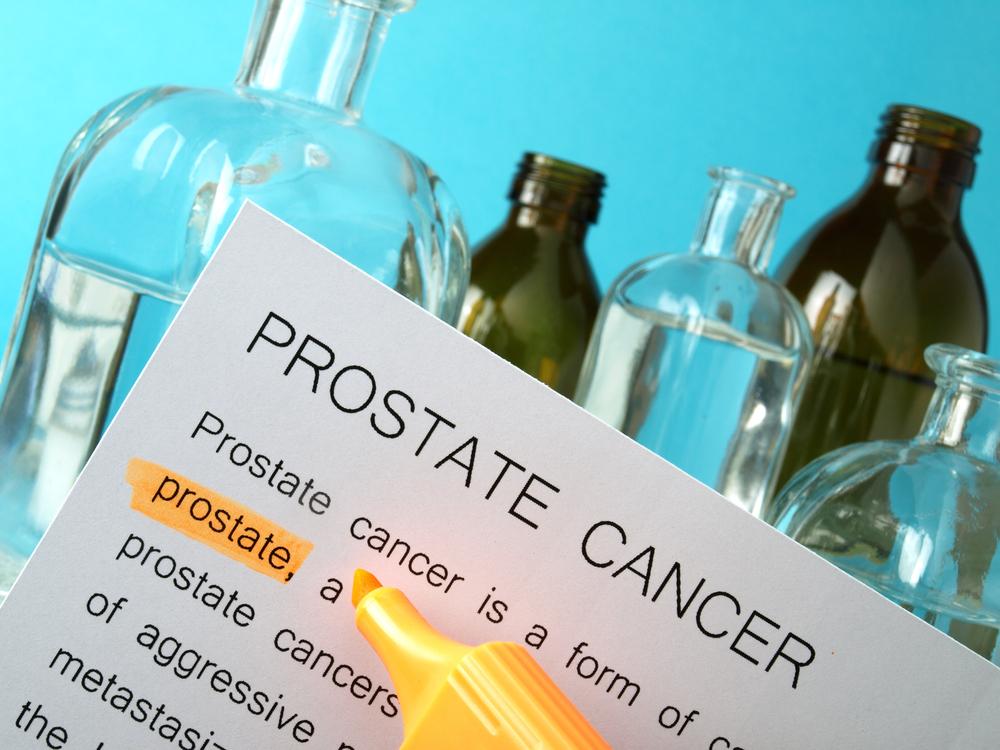
4 Major Risk Factors of Prostate Cancer
The prostate is a part of the reproductive system in men. When cancer develops in this particular gland, the condition is known as prostate cancer. While cancer grows slowly in most cases, there are scenarios wherein there is aggressive growth of cancer cells, so much so that the tumor spreads to other parts of the body at a rapid pace. The chances that the condition can get cured depends upon how fast the condition gets diagnosed.
Prostate cancer is known to be the second most common cause of death caused by a type of cancer in men in the country. In their lifetime, at least 1 in 7 men could get diagnosed with prostate cancer and every 1 in 39 could be prone to death because of it. As such, taking note of the top risk factors that lead to the development of prostate cancer can be helpful to understand where one stands. The top risk factors contributing to the development of prostate cancer are discussed herein.
Age
After the age of 50, men are known to be at a higher risk to develop prostate cancer. In more than 80% of the cases of prostate cancer, the men have been found to be above the age of 65. As the age increases, the body, in general, develops a lot of complications in dealing with the normal environment around. Men at a higher age who develop prostate cancer may, therefore, also face a lot of unique challenges.
Family history
Familial prostate cancer is the type of prostate cancer that has affected an individual due to a combination of inherited genes, lifestyle factors, and the surrounding environment. Men with this type of prostate cancer contribute to about 20% of all cases. The type of prostate cancer which has been inherited from an individual is known as hereditary prostate cancer which constitutes not more than 5% of all the cases. This type of cancer occurs when a mutation in the genes passes down the family line from one generation to another.
Geographical Factors
People from the North American and North European origin are known to develop prostate cancer more often. It has also been observed that some men from urbanized environments of Asian countries such as Singapore and Hong Kong are also prone to this type of cancer. Men whose lifestyles involve less physical activity and lack of a healthy diet are at a higher risk of being affected by this condition.
Genetic Factors
Certain genes can increase the risk of being affected by a condition by their mere presence. Some of the genes that are known to increase the risk of developing prostate cancer are HOXB13, ATM, CAPB, HPCX, FANCA, HPC1, HPC2, and mismatch repair genes. However, it should be noted that these genes are not directly connected to the cause of prostate cancer. While there is a lot of research going to find out which genetic factors are more responsible for causing prostate cancer, no genetic tests have yet been developed to precisely point out the chance of a man being affected by prostate cancer.
These are the top-most risk factors when it comes to prostate cancer. One should consult their doctor to determine which risk factor they are prone to.


